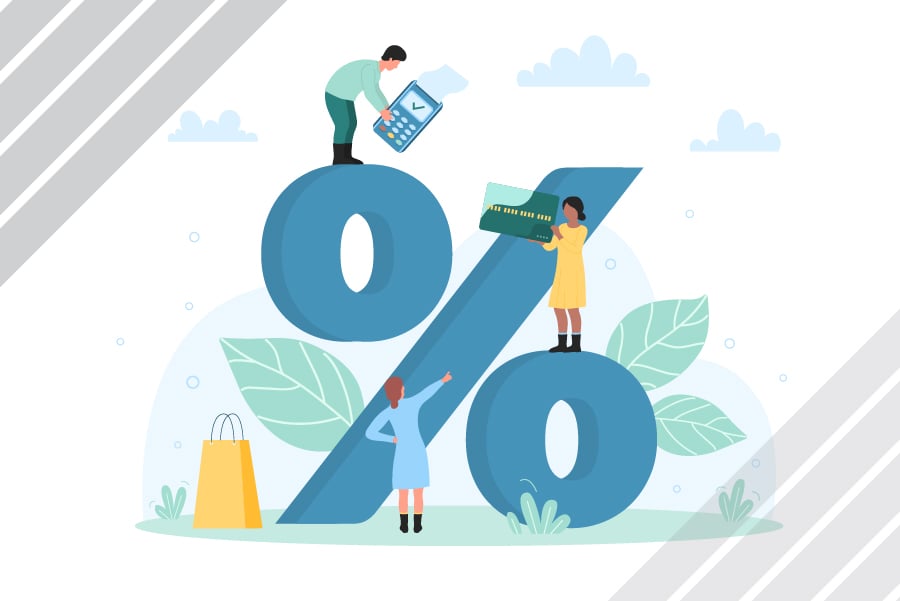Source: site
 A Liberty Street Economics blog post breaks down which debts consumers forego repaying when they are in financial distress: mortgage, auto or credit card?
A Liberty Street Economics blog post breaks down which debts consumers forego repaying when they are in financial distress: mortgage, auto or credit card?
04/15/2025 9:45 A.M.
2 minute read
Recent research from the New York Fed shows how consumers prioritize debt payments when facing financial constraints.
In a Liberty Street Economics blog post, ‘When the Household Pie Shrinks, Who Gets Their Slice?’ researchers used data from the New York Fed Consumer Credit Panel/Equifax (CCP) to identify households with multiple debts and analyze their delinquency patterns. The findings reveal clear payment hierarchies that accounts receivable management (ARM) professionals can leverage for more effective recovery strategies.
Consumer Delinquency Trends
While headlines often focus on rising credit card delinquencies, the complete picture shows varying trajectories across debt types. The researchers note that “even as credit card delinquencies have turned upward, other categories of credit look relatively healthy.”
The data confirms a consistent hierarchy in consumer payment priorities:
- Mortgage payments (highest priority)
- Auto loan payments (middle priority)
- Credit card payments (lowest priority)
Mortgage and Auto Prioritization
Housing-related debt has steadily climbed the priority ladder for consumers since 2011, with mortgage prioritization reaching its peak in 2020 and remaining elevated compared to other debt types. This is closely tied to two key factors:
- Rising Home Values: “Home equity values are higher, and when there is equity value in a home, default is more costly.”
- Interest Rate Environment: “Interest rates are such that most households face a greater loss of value if they default or refinance.”
Auto debt prioritization has been rising since 2020, reversing a previous downward trend. The researchers suggest that “following COVID the price of cars has surged, thereby incentivizing consumers to stay current on these loans,” although they add that further analysis is warranted.
This shift in auto loan prioritization represents an important consideration for collection professionals working in this sector, as consumers appear increasingly motivated to protect their vehicle assets in the current market.
Overall, understanding which debts consumers are likely to pay first provides collection agencies with actionable intelligence to adjust timing, messaging, and resource allocation for maximum effectiveness.




 A Liberty Street Economics blog post breaks down which debts consumers forego repaying when they are in financial distress: mortgage, auto or credit card?
A Liberty Street Economics blog post breaks down which debts consumers forego repaying when they are in financial distress: mortgage, auto or credit card?